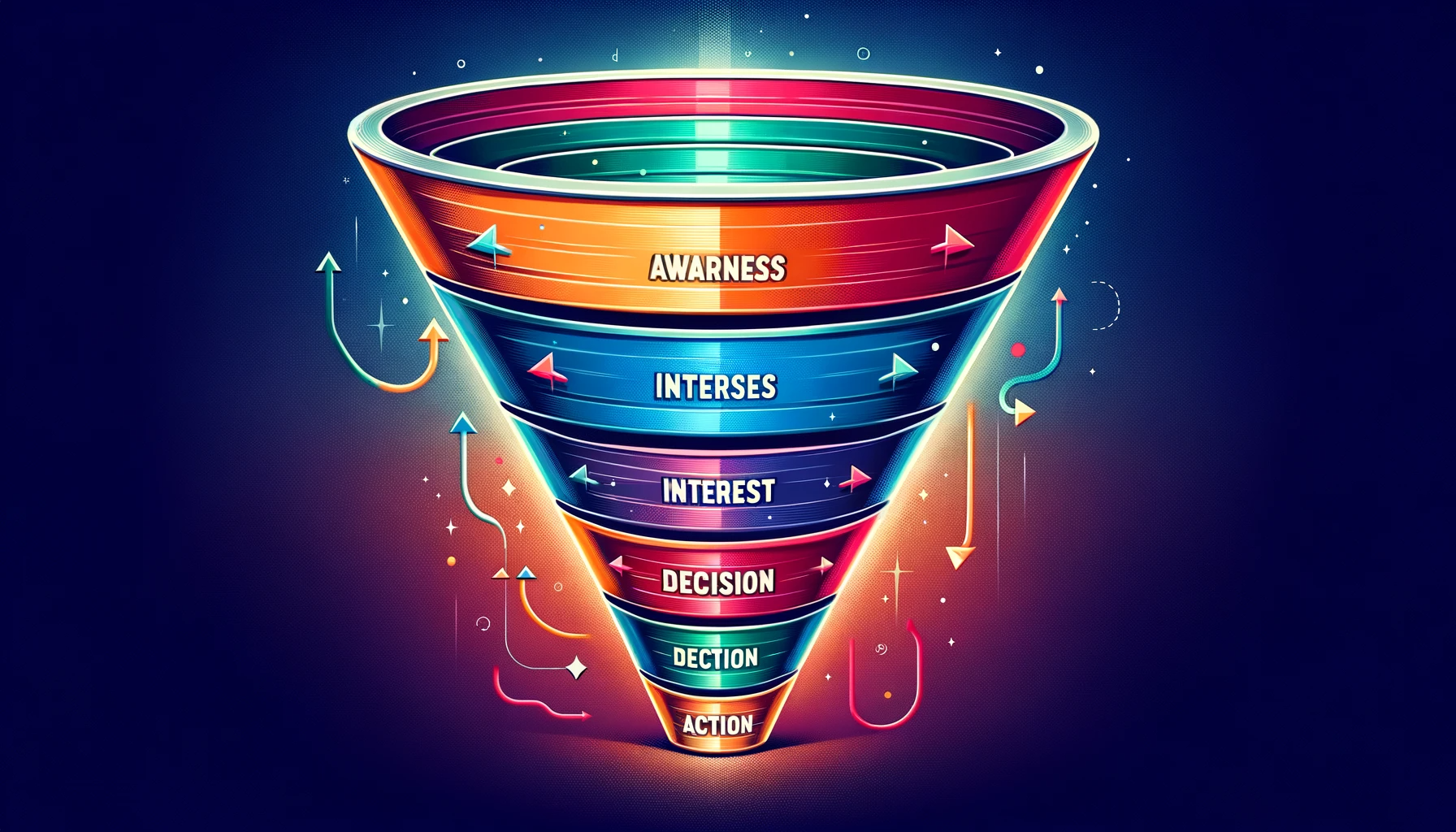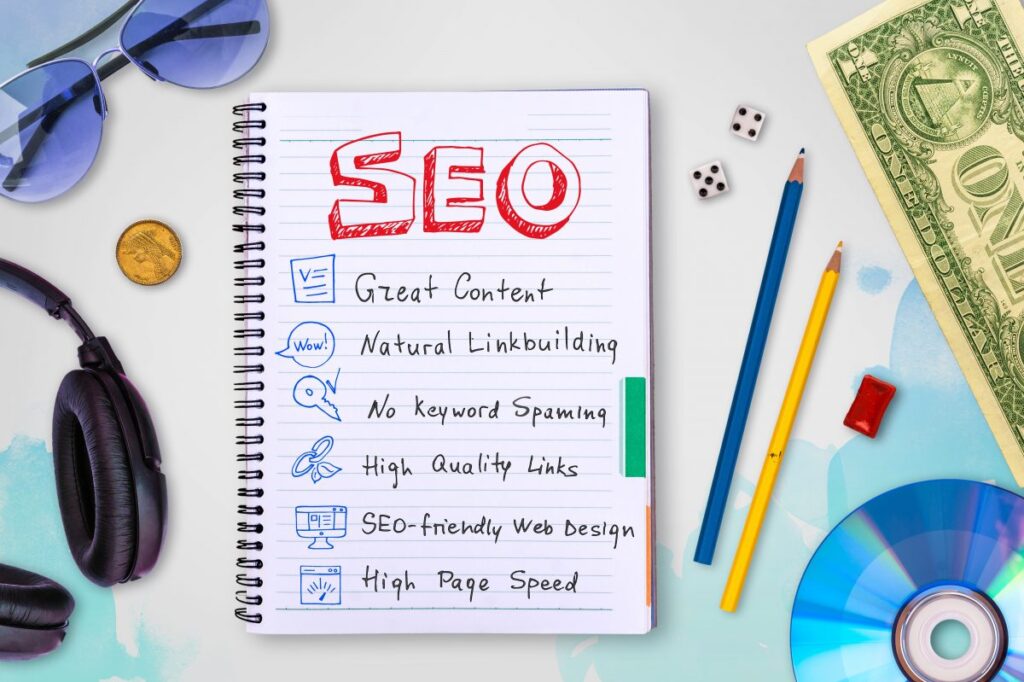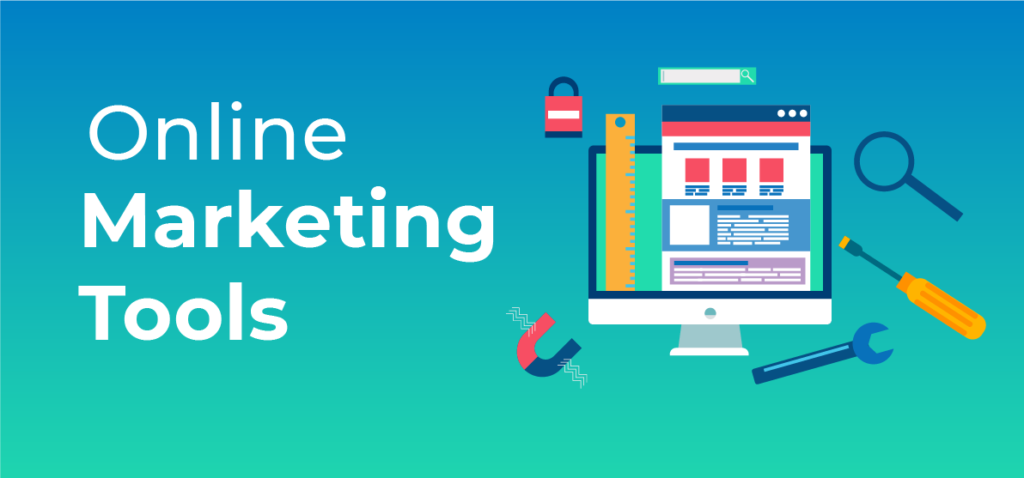If you want to learn how to use AI in marketing, there are a few things you need to go through first. This article will walk you through five crucial areas.
You will learn what is AI for marketing and how to use AI in marketing. Additionally, you will learn about advantages, use cases, and AI in marketing types.
We’ll keep it tied to stats and facts to ensure you are brought to pace with the latest AI in marketing trends.
What is AI in Marketing?
The scope of AI in marketing is vast. It is applicable whether you own a business, or organization, or are working on a project. AI is capable of improving the overall marketing efforts.
This is mainly achieved through the automation of routine marketing tasks. For instance, scheduling and sending out emails or newsletters. You can even use AI to predict campaign performance.
You can use AI in marketing in many scenarios and even achieve personalized experiences for marketers and customers.
AI in marketing can be defined as the automation of marketing tasks. However, we would define AI in marketing as enhancing speed, efficiency, and personalization by ethically leveraging the prowess of AI.
Advantages of Using AI in Marketing
AI empowers businesses and brands to automate daily tasks and leverage AI to increase the efficiency of marketing processes.
So, what are some of the advantages of using AI in your marketing?
We’ll discuss the five advantages of using AI in marketing. Each advantage is interconnected in a way and works towards boosting your ROI:
1. Repetitive Task Automation
Marketing involves certain tasks that demand precision and can take up a lot of time when repeated. Such as emails, newsletters, reporting, survey analysis, and more. AI in marketing do not eliminate these tasks but bring efficiency to specific areas.
Here’s a clearer view of how it works:
- Targeted email automation: AI switches manual sending to automated and ensures your messages reach the right audience at the right time.
- Dynamic newsletters: Creating compelling newsletters is a creative skill but with AI you can enhance them further by personalizing content dynamically. This removes the repetitive task of manual customization.
- Accelerated reporting: Reporting is not entirely repetitive but AI can significantly speed up data analysis and present insights that normally require a lot of time and effort.
- Survey precision: AI-driven survey analysis saves you time without having to compromise on accuracy. It does so by providing detailed insights.
These repetitive tasks are also mentioned by the American Marketing Association and Survey Monkey.
2. Enhance Data-Driven Decision Making
Integrating AI with marketing tools can generate significantly useful insights and help you reach the right customers at the right time. As AI will ensure faster analytics, you will have more time to devise a data-driven strategy.
3. Improve Customer Loyalty
AI can improve your customer loyalty and build stronger relationships. The fastest way to improve relationships is by addressing the consumer’s pain points and offering resolutions.
For example, you can leverage AI chatbots to offer 24/7 customer support and answer most of the user queries.
AI chatbots will lift the burden from the customer service team and leave enough time to focus on important tasks and address advanced queries.
4. Content Personalization with Customer Data
It is difficult to gauge and create personalized content for customers without knowing their preferences. This data includes purchase history, demographics, and location, to name a few.
The best and most efficient way to decode the customer data is through AI. As a result, you will be able to create personalized content that will engage your audience.
5. Boost Your Campaign ROI
Boosting campaign ROI with AI is easy. You achieve this by developing specific content that will resonate with your consumers and convert them into customers. The AI decision-making will benefit you through the historical data present, and run campaigns specifically for content your audience engages with.
As a result, you add more value to your consumer’s journey and ensure conversions.
Four AI Marketing Use Cases
AI can help accomplish more than automation. However, learning about use cases helps understand where and when to use AI. Here are four marketing use cases of AI in marketing.
1. Ad Targeting and Analysis
Targeting is crucial in marketing, as you only want to reach consumers more likely to convert into customers. It requires knowing about your customer personas, where, when, and how they see your ads.
You can use AI platforms to create targeted ads that will reach the right consumers at the right time.
AI helps in the following ways:
- Testing ad content before publishing.
- Training your AI model with historical ad datasets to achieve desired results.
- Acquire data-driven performance metrics and see significant improvements in conversion rates.
- Cost reduction by choosing relevant ads that offer conversion.
2. Social Media Listening and Brand Awareness
Social media listening is keeping track of the online mentions of your brand. You can repurpose those to boost your brand’s awareness. However, depending on your reach, doing this can be an exhaustive practice.
On the other hand, you can implement AI in this area to unify all your social media listening experiences in a single place.
AI helps in the following ways:
- Understanding tone and intent.
- Engaging your audiences actively.
- Finding the right influencers to collaborate with.
- Monitoring social performance and adjusting as required.
- Discovering potential customers.
3. Churning Predictive Analytics
AI can be implemented to predict customer churn. This is done by analyzing responses to your NPS (Net Promotor Score) survey, general customer sentiment, and your prior communications.
AI helps in the following ways:
- Analyze past client interactions.
- Analyze interactions with present clients.
- Identify common characteristics amongst customers who stopped buying from you.
4. Image Recognition
Image recognition leverages Deep Learning for pattern detection in media such as images and videos. You can use AI image recognition to identify objects, places, and actions to acquire more information regarding your customers and auto-tag and label when required.
As a marketer, you can use image recognition for segmentation and creating targeted campaigns.
AI helps in the following ways:
- Auto-tag and label presences in images.
- Create enhanced targeted campaigns.
- Automate customer segmentation.
Quick Read: What Is The Rundown AI?
Four AI Marketing Use Cases
AI can help accomplish more than automations. However, learning about use cases helps understand where and when to use AI. Here are four marketing use cases of AI in marketing.
1. Ad Targeting and Analysis
Targeting is crucial in marketing, as you only want to reach consumers with higher probability of converting to customers. It requires knowing about your customer personas, where, when, and how they see your ads.
You can use AI platforms to create targeted ads that will reach the right consumers at the right time.
AI helps in the following ways:
- Testing ad content prior to publishing.
- Training your AI model with historical ad datasets to achieve desired results.
- Acquire data-driven performance metrics and see significant improvements in conversion rates.
- Cost reduction by choosing relevant ads that offer conversion.
2. Social Media Listening and Brand Awareness
Social media listening is keeping track of the online mentions of your brand. You can repurpose those to boost your brand’s awareness. However, depending on your reach, doing this can be an exhaustive practice.
On the other hand, you can implement AI in this area to unify all your social media listening experiences in a single place.
AI helps in the following ways:
- Understanding tone and intent.
- Enaging your audiences actively.
- Finding the right influencers to collaborate with.
- Monitoring social performance and adjusting as required.
- Discovering potential customers.
3. Churning Predictive Analytics
AI can be implemented to predict customer churn. This is done by analyzing responses towards your NPS (Net Promotor Score) survey, general customer sentiment, and your prior communications.
AI helps in the following ways:
- Analyze past client interactions.
- Analyze interactions with present clients.
- Identify common characteristics amongst customers who stopped buying from you.
4. Image Recognition
Image recognition leverages Deep Learning for pattern detection in media such as images and videos. You can use AI image recognition for identifying objects, places, and actions to acquire more information regarding your customers and auto-tag and label when requires.
As a marketer you can use image recognition for segmentation and creating targeted campaigns.
AI helps in the following ways:
- Auto-tag and label presences in images.
- Create enhanced targeted campaigns.
- Automate customer segmentation.
The Four AI Marketing Types
AI marketing potential applications can be categorized into two groups; more advanced and less advanced. There are four types in total within the categories. This categorization is based on structure and intelligence level to assist businesses plan the implementation and practice of their marketing AI.
More advanced types:
- Stand-alone Machine Learning Apps
- Integrated Machine Learning Apps
Less advanced types:
- Stand-alone Task Automation Apps
- Integrated Task Automation Apps
The quadrant shown above is something marketers should always consider before planning and implementing AI apps into their projects or organizations. Understanding the core purpose of an AI is useful when it comes to taking full advantage of the solution.
Final Thoughts
Learning how to use AI in marketing requires defining objectives in order to implement tailor solutions. The steps outlined in the article act as a roadmap for marketers and learners who want to seamlessly integrate AI into their marketing strategies.
By digging deeper into use cases and understanding the types of AI applications, you gain knowledge and a competitive edge. Remember, the journey does not end here and it is a continual evolution.







